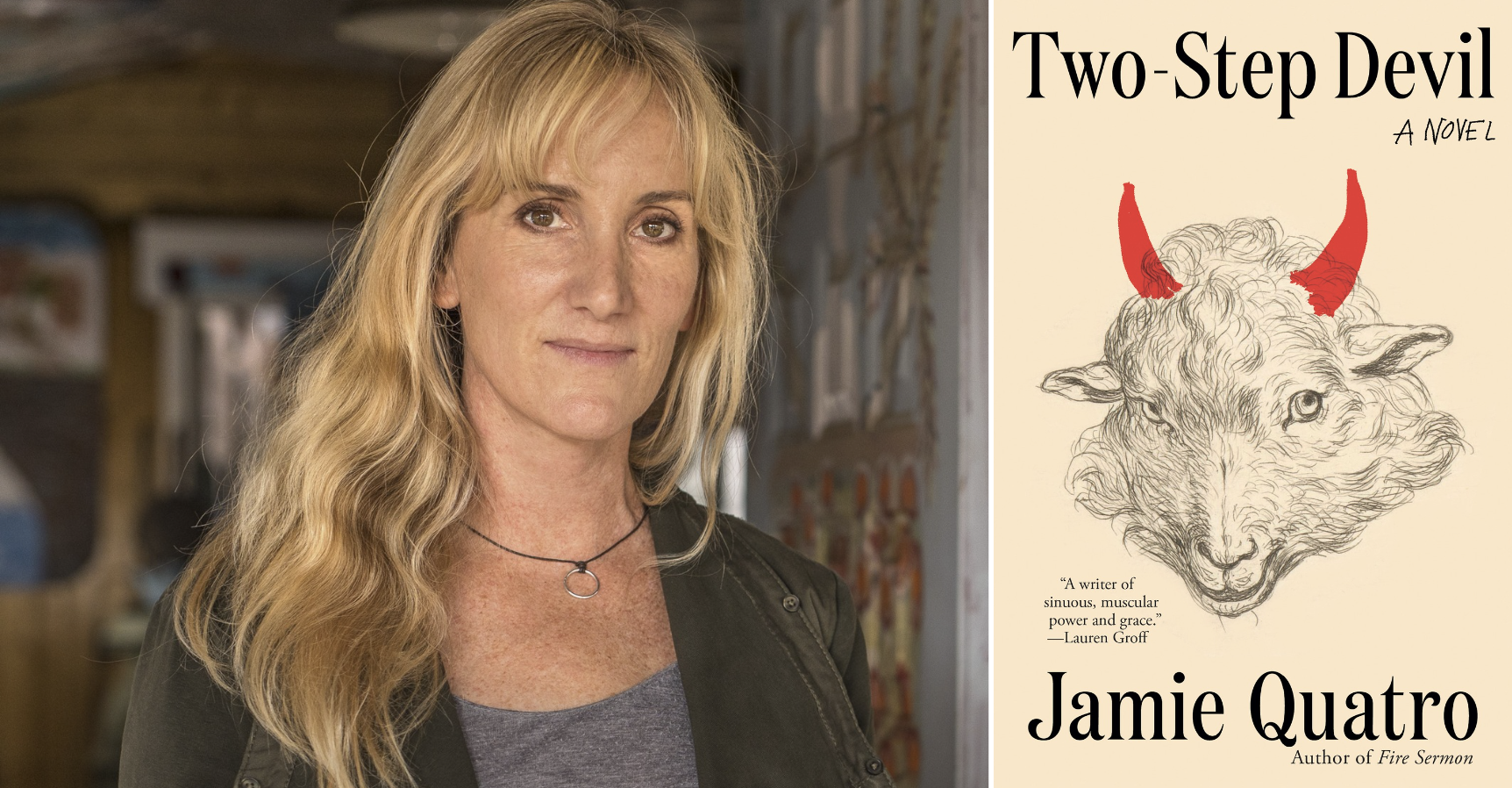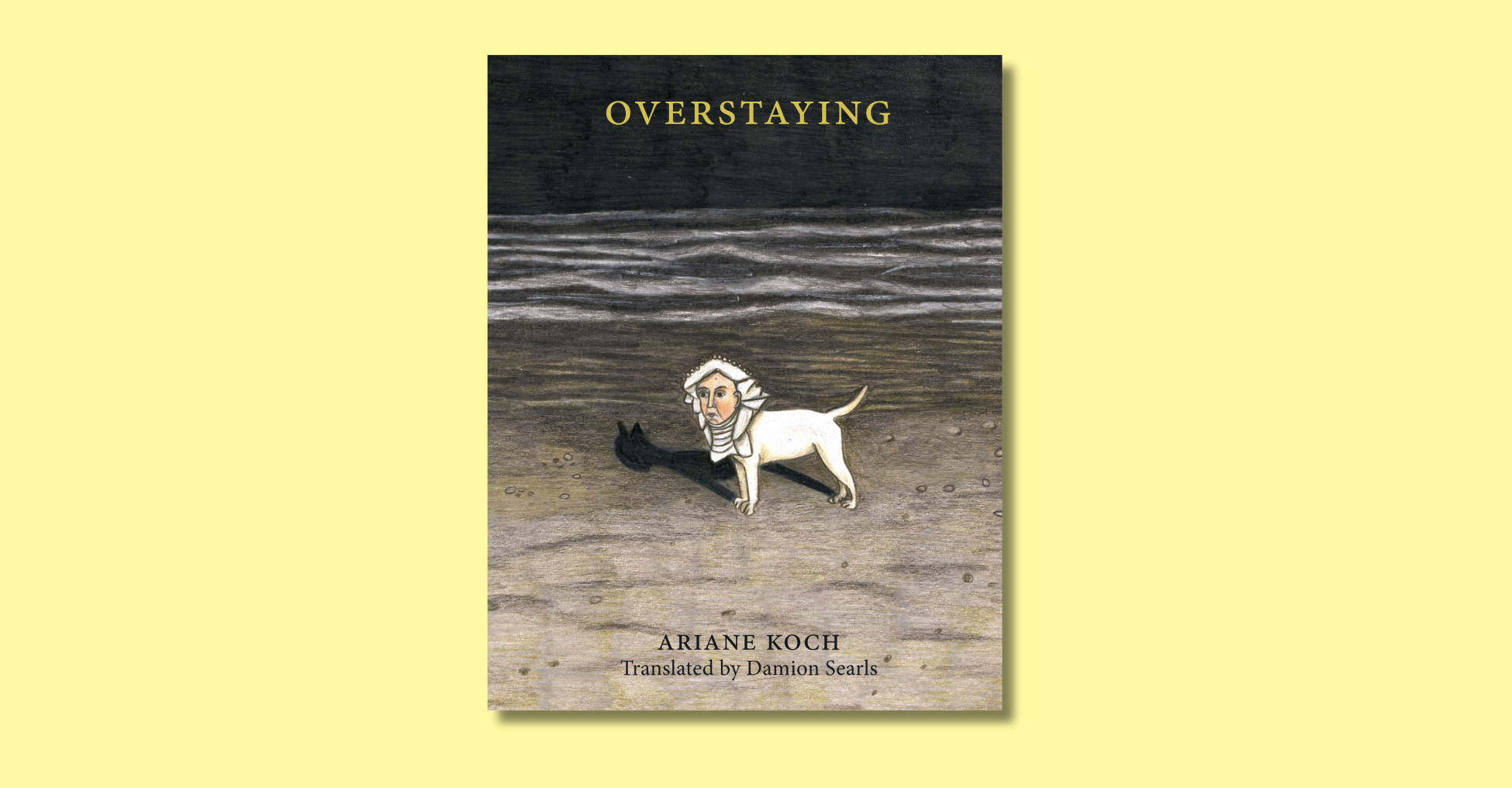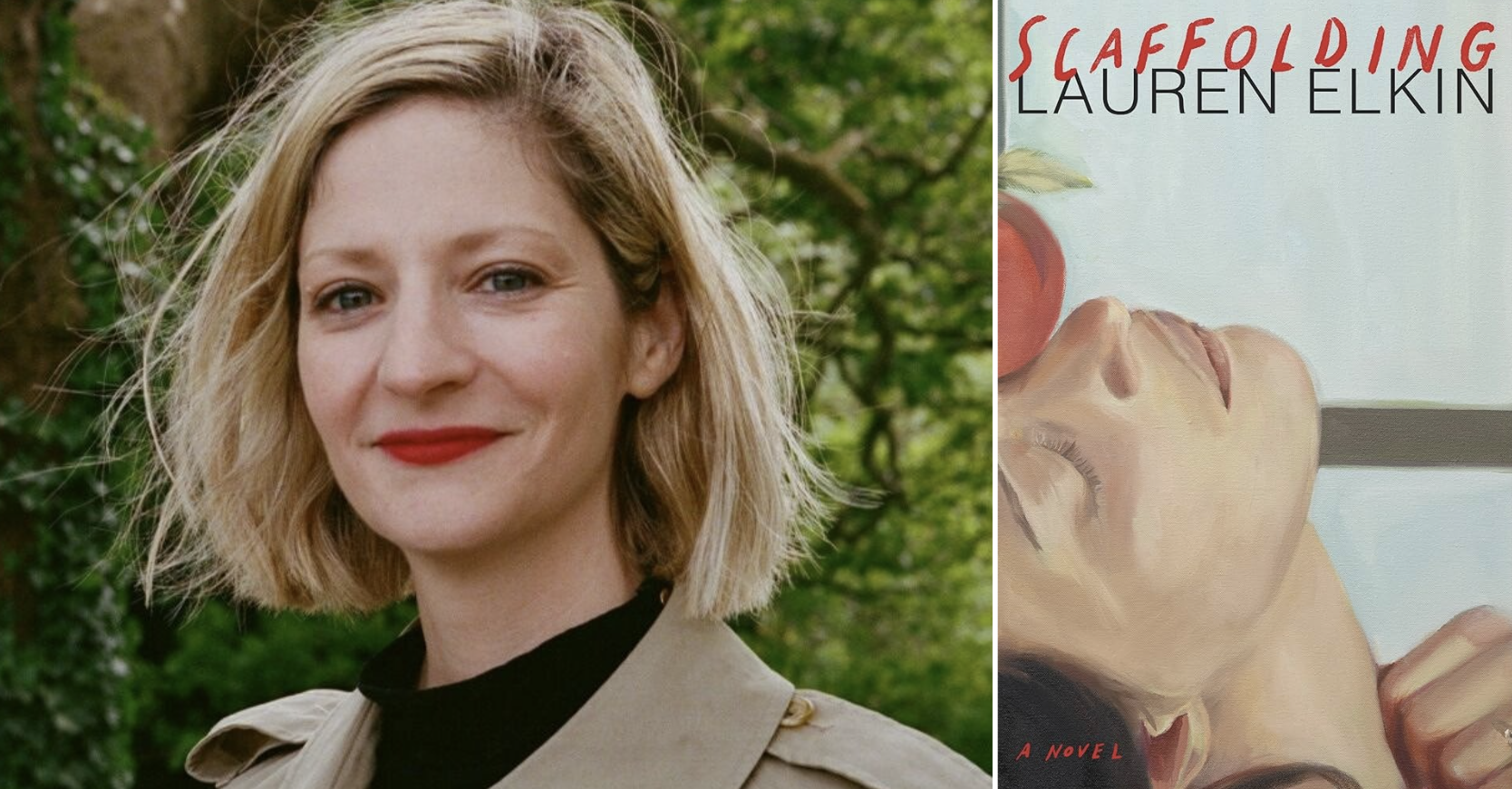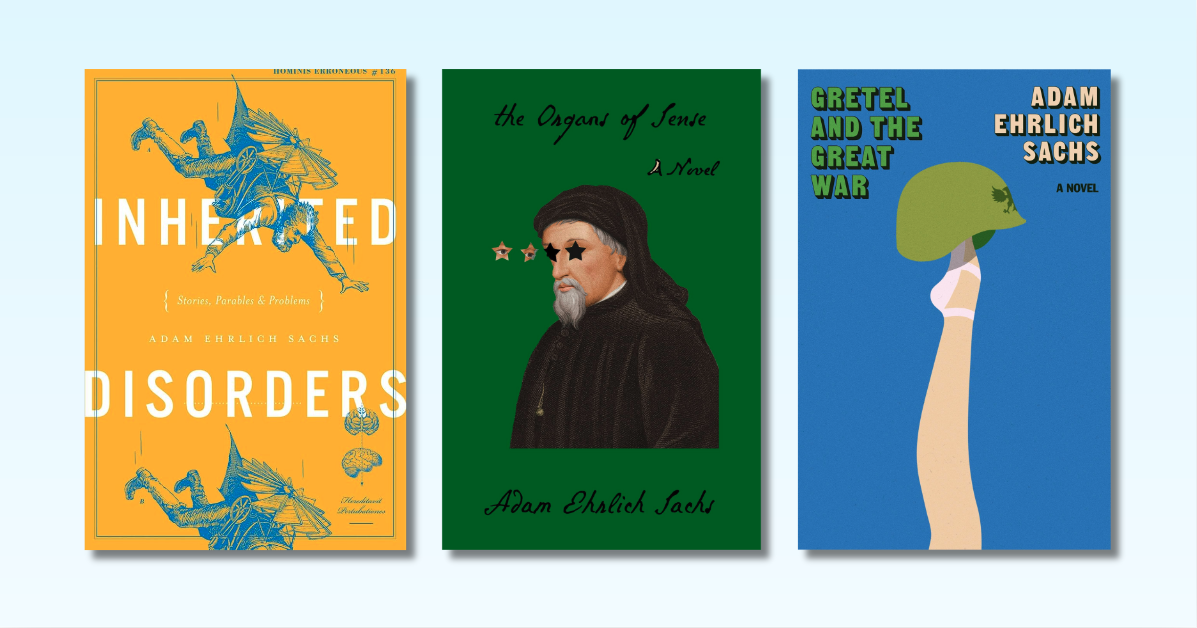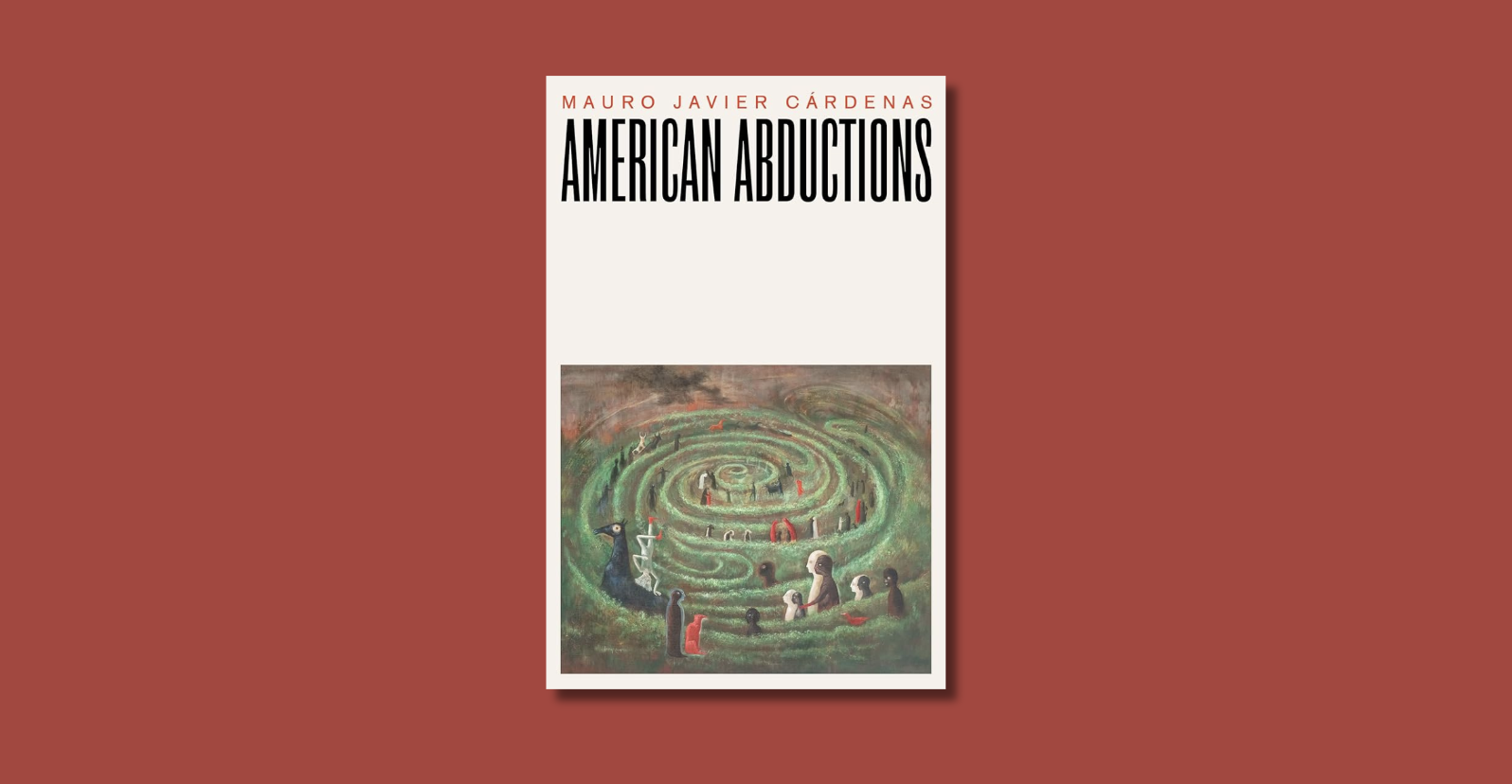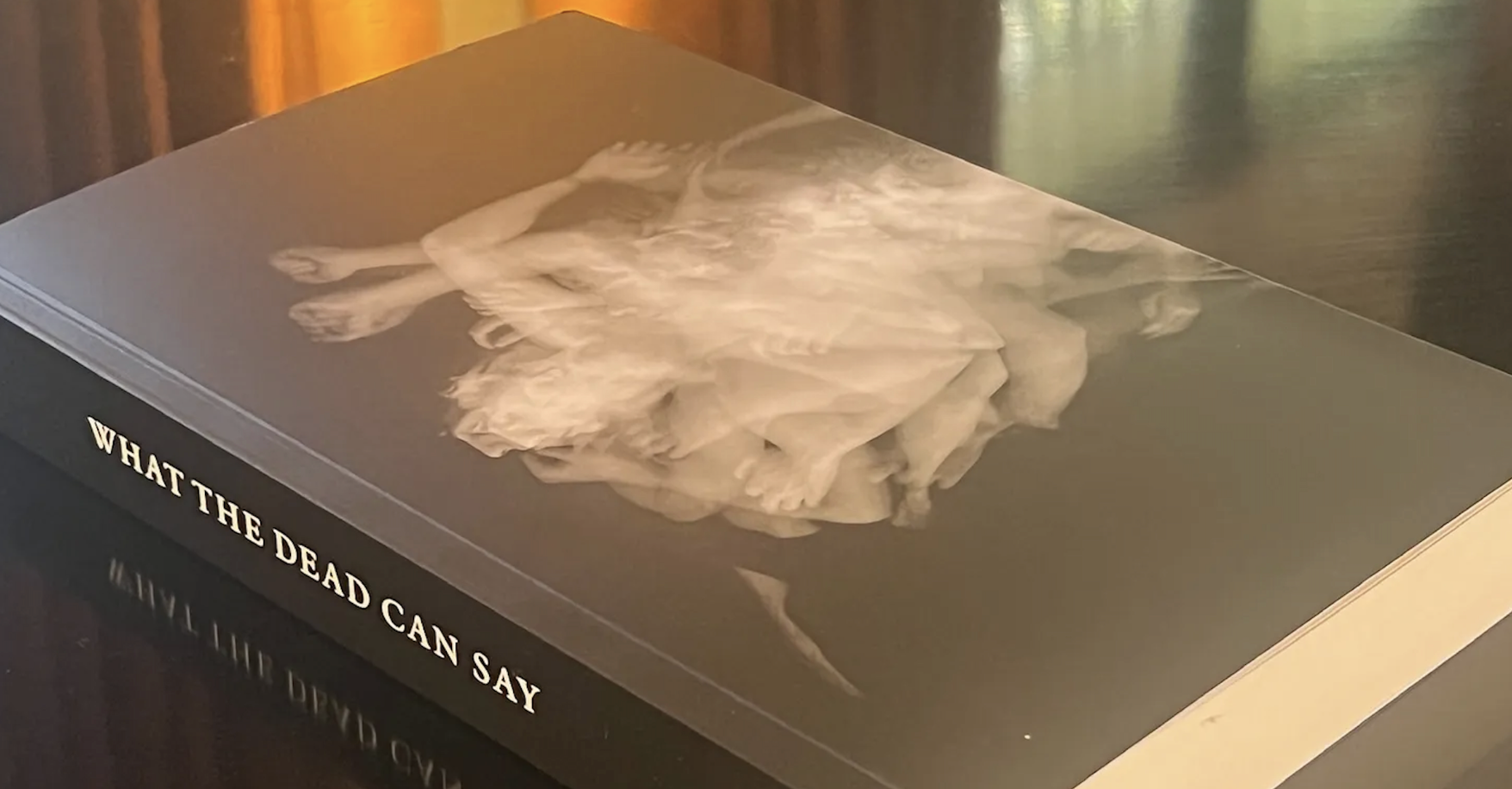
An unread book is all possible stories. It contains all possible characters, styles, genres, turns of phrase, metaphors, speech patterns, and profound life-changing revelations. An unread book exists only in the primordial soup of your imagination, and there it can evolve into any story you like. An unread book – any unread book – could change your life.
Like most readers, I love browsing in bookshops and libraries. I like to run my fingers along the spines and read titles and authors’ names. I pull the books out and flip through them, thinking about the stories inside them, the things I would learn from them, how my life would be subtly but surely different after I had read them. Sometimes I buy or borrow the books and read them. As much as I enjoy the books, I often find that the book I have read is somehow not as exciting as the book I had imagined reading. No book is ever quite as good as it potentially could have been.
Last week I bought a book. I looked at the blurb and read the first paragraph, and I could feel the texture of the book in my mind. It was going to be a steadily-paced yet exciting coming-of-age story about three young girls who go camping in the woods, stumble across a couple holidaying in a cabin, and see things through the windows that upend their world. It would move from the girls in their clumsy tent, to their fable-like journey through the forest, to the glowing windows of the cabin. The story was going to be overflowing with the smell of mulching leaves, the stale sweetness of fizzy drinks on the tongue, the crackle of empty sweet wrappers. It was going to be honest and real and uncomfortably sensual. Except that it wasn’t about that at all: it was a thriller about a woman having an affair. With every sentence I read, the book I had imagined shrank smaller and smaller. By the end of the third page, it had disappeared. The actual book was by no means bad, it just wasn’t the book I thought it would be.[1]
I have about 800 unread books on my shelves. Some would find this excessive, and they would probably be right. But I take comfort in knowing that I will have appropriate reading material whatever my mood, that I will be spoiled for choice whenever I want a book, and that I will never, ever run out of new stories.[2] From the cover design, the back blurb, and general absorption of cultural knowledge, I have a strong idea of what each one of my unread books is like.
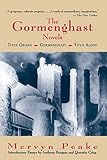 For example, I think that Mervyn Peake’s Gormenghast Trilogy is at once claustrophobic and expansive. It has the texture of solid green leaves crunched between your molars. It tastes of sweetened tea and stale bread and dust. When I read it, I will feel close to my father because it is his favorite book. Reading the Gormenghast books will allow me to understand my father in ways I currently do not, and at certain points in the book I will put it down and stare into the middle distance and say “Oh. Now my childhood makes sense.”
For example, I think that Mervyn Peake’s Gormenghast Trilogy is at once claustrophobic and expansive. It has the texture of solid green leaves crunched between your molars. It tastes of sweetened tea and stale bread and dust. When I read it, I will feel close to my father because it is his favorite book. Reading the Gormenghast books will allow me to understand my father in ways I currently do not, and at certain points in the book I will put it down and stare into the middle distance and say “Oh. Now my childhood makes sense.”
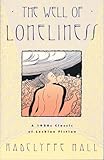 Radclyffe Hall’s The Well of Loneliness will make me sad and proud and indignant. I will no longer get tangled up in discussions about gender issues, because I will finally have clear-cut and undeniable examples of how gender stereotyping is bad for everyone. Reading it will make me feel like an integral part of queer history and culture, and afterwards I will feel mysteriously connected to all my fellow LGBT people. Perhaps I will even have gaydar.
Radclyffe Hall’s The Well of Loneliness will make me sad and proud and indignant. I will no longer get tangled up in discussions about gender issues, because I will finally have clear-cut and undeniable examples of how gender stereotyping is bad for everyone. Reading it will make me feel like an integral part of queer history and culture, and afterwards I will feel mysteriously connected to all my fellow LGBT people. Perhaps I will even have gaydar.
Roberto Bolaño’s 2666 is an obsessive and world-shifting epic. When I read it, I will be completely absorbed by it. It will be all I think about. It will affect my daily life in ways I can’t fully understand, and when I finish it I will have come to profound revelations about the nature of existence. I will finally understand all the literary theory I wrote essays on when I was at university.
I have not read these books because I worry that they’re not the books I think they are. Perhaps I will never read them. I’m sure they are wonderful books, but no book could possibly contain all the knowledge and understanding I am expecting from these. I know it’s unrealistic, but I still hope.
There is another reason to leave books unread: because I know I will love them. This might seem nonsensical, and I suppose it is. I am a writer, and I learn how to write by reading; I know that certain books will teach me more than others because they are similar in style and content to my own writing, though vastly better. This is why I have not read Fucking Daphne, an anthology of sex writing about and edited by Daphne Gottlieb; or Alice Greenaway’s White Ghost Girls, a short and lyrical novel about sisters in 1960s Hong Kong; or Francesca Lia Block’s fantastical erotica novellas, Ecstasia and Primavera; or anything ever written by Martin Millar[3].
I know that I will love them and want to learn from them, and so I don’t read them: firstly because it is tiring to read that way, with your eyes and ears and brain constantly absorbing; and secondly because once I read them they will be over, the mystery will be revealed. Sometimes I hold these books in my hands and imagine what I will learn from them. These books have affected my writing, and I haven’t even read them. Maybe we can learn as much from our expectations of a story as we can from the actual words on the page.
Go to your bookshelves and pick a book you have not read. Hold it in your hands. Look at the cover and read the description on the back. Think about what the story might be about, what themes and motifs might be in it, what it might say about the world you inhabit, whether it can make you imagine an entirely different world. I suggest that the literary universe you just created might be more exciting and enlightening than the one contained within those covers. There is absolutely nothing wrong with that book. It might prove to be a great book; the best book you have ever read. But your imagination contains every possible story, every possible understanding, and any book can only be one tiny portion of that potential world.
Back | 1. I prefer my version, and still harbor a hope that my imagined story is out there. If you’ve read it, let me know.
Back | 2. In my defense, I spent six years as a bookseller and am now the reviews editor for a magazine, so I accumulated a lot of paperbacks. Plus, I can’t go past a second-hand bookshop without finding something that I must have.
Back | 3. This is also why I have never reread my favorite books: Patrick Süskind’s Perfume, Kathryn Harrison’s The Kiss, Françoise Sagan’s Bonjour Tristesse, or Alan Moore and Melinda Gebbie’s Lost Girls. They’re just too good.
[Image credit: Kenny Louie]

